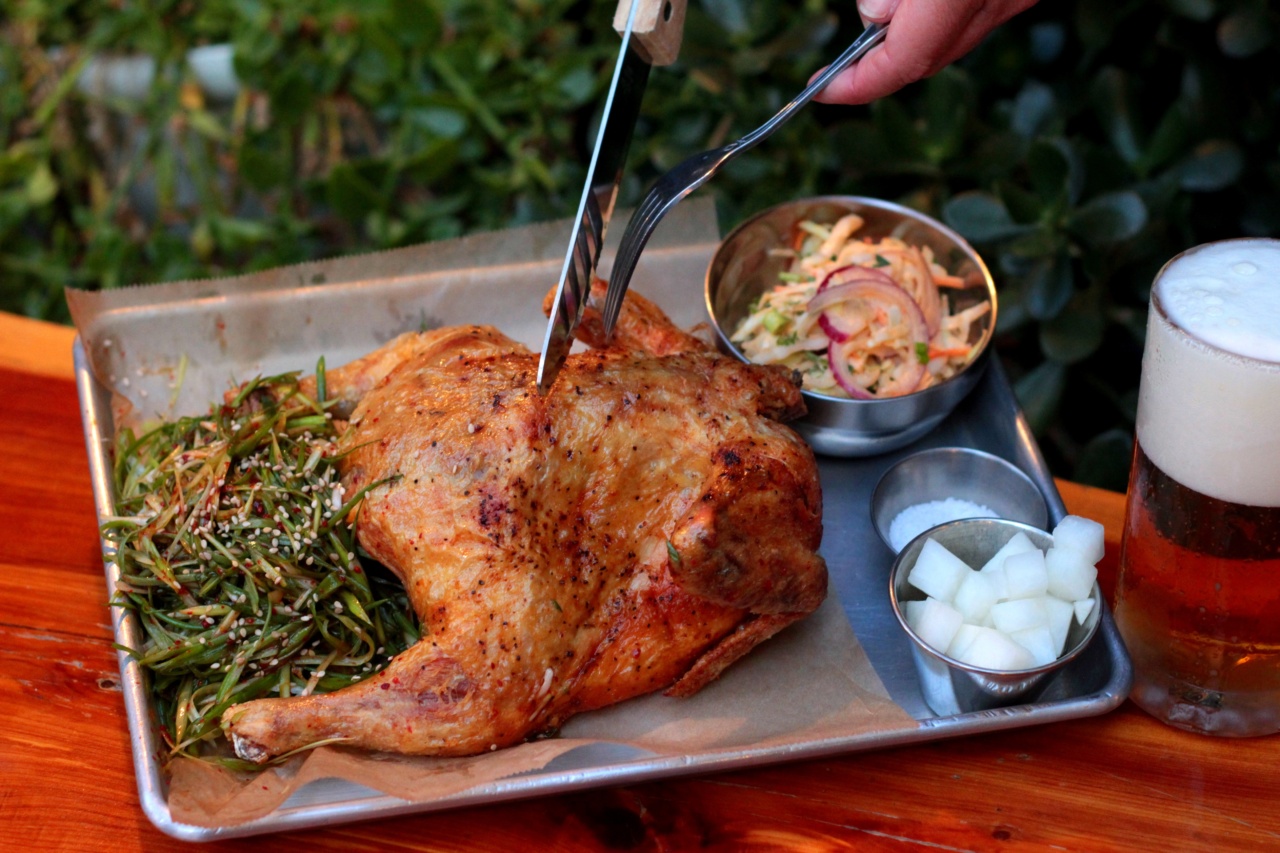Gut cancer is one of the most common types of cancer worldwide.
While genetics and lifestyle choices, such as smoking and alcohol consumption, can increase the risk of developing gut cancer, research has also suggested that certain food additives may also play a role in the development of this disease.
What are food additives?
Food additives are substances that are added to food to improve its texture, taste, appearance, and shelf life. Common additives include preservatives, artificial sweeteners, and flavor enhancers.
These additives are typically added in small amounts, but some studies suggest that even low levels of these substances can have negative effects on human health.
Link between food additives and gut cancer
Studies have shown that several common food additives may be linked to an increased risk of developing gut cancer.
Sodium nitrite and nitrate
Sodium nitrite and nitrate are commonly used as preservatives in processed meat products, such as bacon, hot dogs, and deli meats. These additives help prevent the growth of bacteria and give the meat a pink color.
However, studies have suggested that consuming high amounts of these additives may increase the risk of developing gut cancer.
BHA and BHT
BHA (butylated hydroxyanisole) and BHT (butylated hydroxytoluene) are commonly used as preservatives in processed foods, such as potato chips, cereal, and chewing gum.
These additives help prevent the oxidation of fats and oils, which can cause food to spoil. However, studies have suggested that consuming high amounts of these additives may increase the risk of developing gut cancer.
Artificial sweeteners
Artificial sweeteners, such as aspartame and saccharin, are commonly used as sugar substitutes in diet drinks, yogurt, and other low-calorie foods.
While these sweeteners can help reduce calorie intake, studies have suggested that consuming high amounts of these additives may increase the risk of developing gut cancer.
Caramel color
Caramel color is a common food coloring agent that is often used in soft drinks, baked goods, and other processed foods.
Caramel color is made by heating sugars, and studies have suggested that consuming high amounts of this additive may increase the risk of developing gut cancer.
Conclusion
While more research is needed to fully understand the link between food additives and gut cancer, studies have suggested that consuming high amounts of certain additives may increase the risk of developing this disease.
To reduce your risk of developing gut cancer, it is important to limit your intake of processed foods and consume a diet that is rich in fruits, vegetables, and whole grains.






























